Graham Reid | | 3 min read
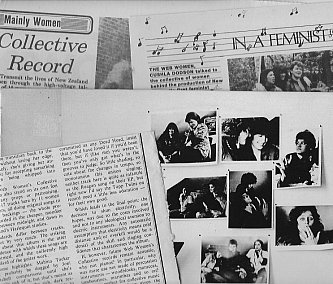
When the New Zealand Herald wrote about this independent album of female artists released by the Web Women's Collective – which included the Topp Twins, Mahina Tocker, Di Cadwallader, Val Murphy and others – the article appeared on the Mainly Women page.
To be fair to the Herald, it didn't have entertainment or album review pages at the time and so at least it did cover this album, the first New Zealand record written, performed and produced by women.
The cover photos were taken by Biddy Leyland and Gil Hanly, the graphics were by singer-songwriter Tracy Huirama (here with Sister Wars) and the label was called Web Records (with a spider web illustration on the label and back cover) “because women weave the world”.
Unsurprisingly the album was accorded a full page in the monthly feminist magazine Broadsheet in December that year.
It was a remarkable album in its conception and brought together new and established artists who recorded between midnight and dawn to take advantage of the low rates at Auckland's Harlequin Studios.
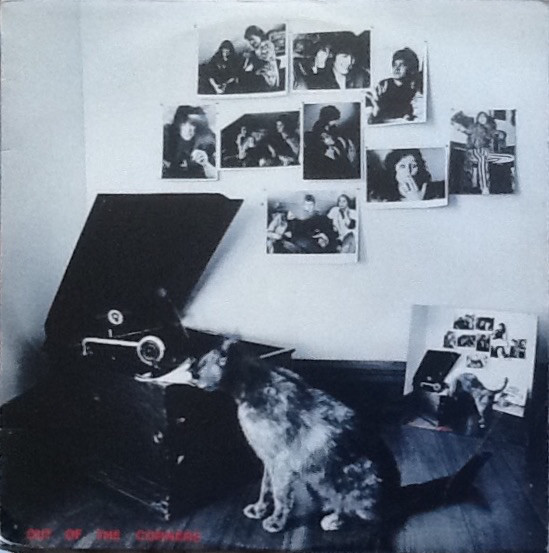 Photos of the weary musicians listening to playbacks appear on the album's cover, which takes a sly poke at the famous dog and logo on the HMV (His Master's Voice) label.
Photos of the weary musicians listening to playbacks appear on the album's cover, which takes a sly poke at the famous dog and logo on the HMV (His Master's Voice) label.
The all-acoustic album received a generally favourable review from Gordon Campbell in the Listener (paired somewhat awkwardly with Grace Jones' Living My Life album) who said it could “stand on it own feet without props or patronising”.
That's certainly true even now as we pull it from the shelves at random because Tocker's songs and voice on her originals Arohanui, Bus Stop Song and Songs to Mothers are standouts, although Campbell rightly observed she will “probably be dogged by Joni Mitchell comparisons until she's heartily sick of it, but that's meant as a compliment to the rich, dark textures and supple slides and twists to her singing here”.
Tocker would go on to greater things on a series of albums under her own name.
At the time there was considerable focus on Jess Hawk Oakenstar who was born and grew up in a what was then colonial-era Rhodesia (Zimbabwe), went through a youthful period as an evangelical Christian then abandoned it, took to guitar to write, performed in bars and hotels, moved to Britain for a while . . . and when she realised she was a lesbian she embraced it.
“Being a lesbian is like being a bandit,” she told Annabelle Woodhouse in Metro for an article Rock and Roll Women. “It's like living out in the hills. It is really freeing. You are not part of the mainstream although really you are.”
Her two songs Gift and Waiting on Information are models of economy and self-expression, the former delicate and the latter vibrant folk-rock.
A few years after this album we lost her to the wider world where she still writes and records, now living in Phoenix.
Both Hilary King and folk-blues singer Val Murphy also impress even after all this time, and Hattie St John – who went on to a higher profile and some jazz-blues work – reminds just how good she was at this early point.
The Topp Twins are, funnily enough, among the least impressive here because their songs Graffiti Raiders and Paradise are both slight, archetypal and haven't aged well.
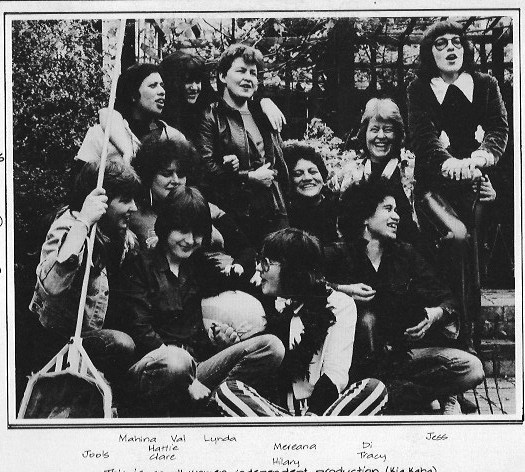 If Marama by Mereana Pitman runs dangerously close to Mitchell's Woodstock, it takes an increasingly personal path about her young daughter, the future before her and how “men won't put her down”.
If Marama by Mereana Pitman runs dangerously close to Mitchell's Woodstock, it takes an increasingly personal path about her young daughter, the future before her and how “men won't put her down”.
There's very little humour here but King and Murphy enjoy the knockabout Give Us a Durry (cigarette).
It was in the nature of the album that it would cleave to a feminist ideology which was not just confident and supportive but necessary at a time when rock and pop was a male-dominated domain and women were having to fight their corners.
And, with this album, coming out of them.
It's a measure of how important the album was that before it was even released Out of the Corners sold 500 advance copies.
Unfortunately, it isn't available on Spotify.
.
Elsewhere occasionally revisits albums -- classics sometimes, but more often oddities or overlooked albums by major artists -- and you can find a number of them starting here
An expanded account of this album and the collective appeared at AudioCulture here

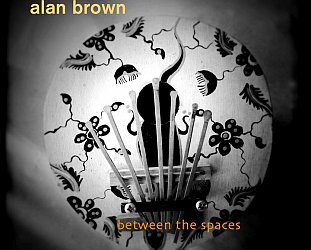

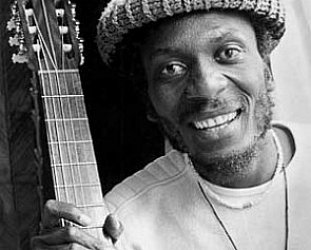
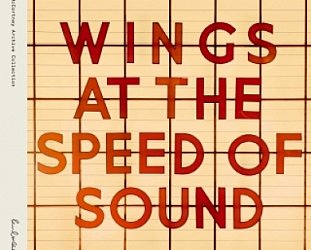


post a comment